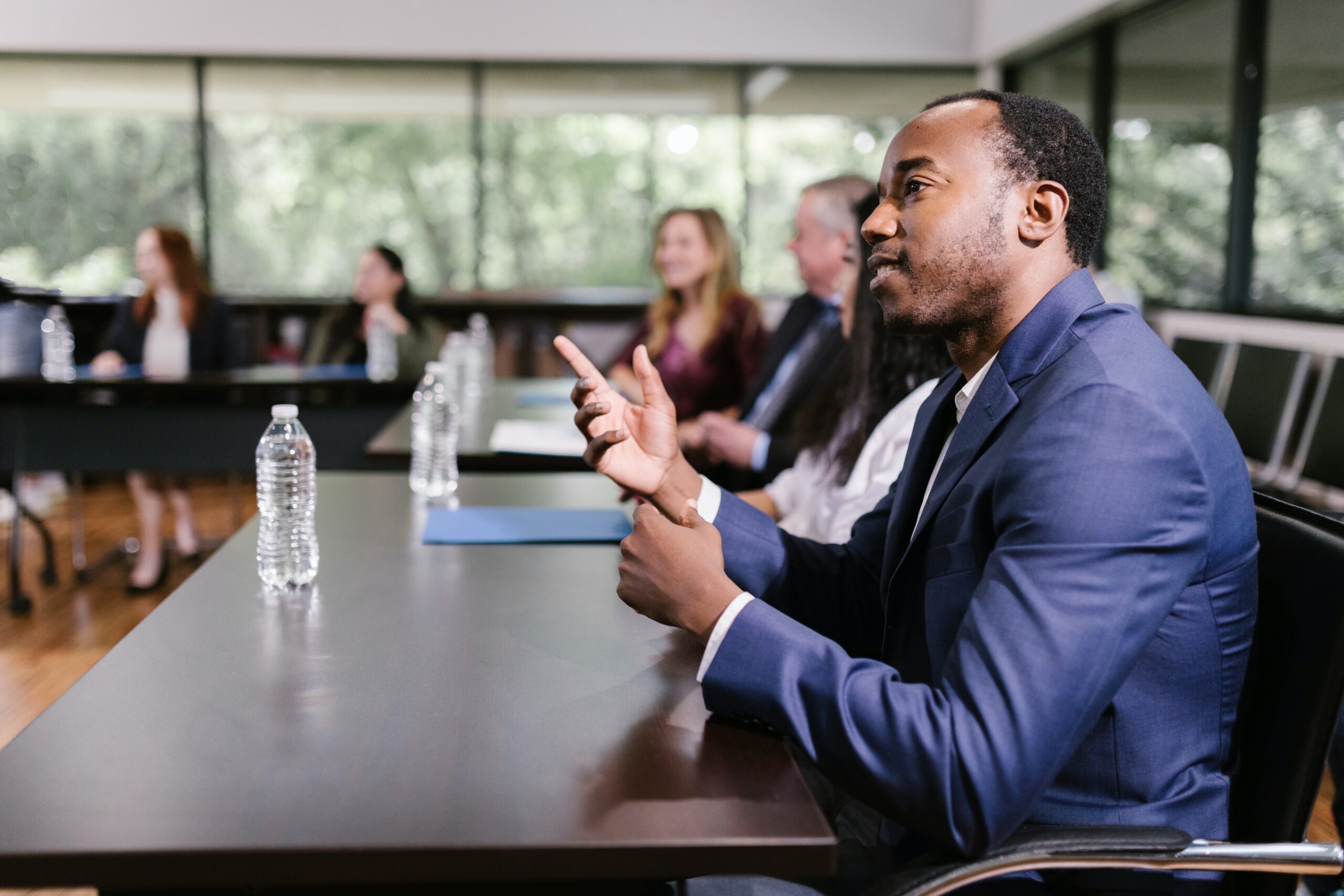Most of us want to be viewed as an effective communicator, and a majority of us believe that we are. Effective communication requires listening, clear language, and the ability to ask good questions. The latter three of these are a struggle for a lot of our population. We may want to learn more, but don’t know how to ask, or we don’t think to ask questions because we are so fixated on what we are going to say instead.
In order to be an effective communicator, we have to be able to ask appropriate and timely questions. Asking questions is an artform worthy of practice. It requires intentional consideration before speaking. Below are three tips for asking effective questions.
Be diverse
There are many different types of questions that can be asked. One of the most common are Open and Closed Ended questions. Open ended questions encourage conversation whereas closed ended questions are simply working to nail down the facts and can be answered with a simple yes or no response. We need to work on using open ended questions to gather information and closed ended questions for more pointed situations.
Use second level questions
Second level questions are just like they sound. They take the first question asked to the next level! For instance, let’s say someone asked, “What is your favorite color?” and someone said “blue”. The second level question would be something like, “What is it about blue that you like? “ Effective use of the second level question gives us more insight and makes other people feel more valued. Interesting fun fact, people typically like to share information about themselves, but won’t say anything unless asked.
Come prepared
If you are using questions to coach an employee or know the specific situation you’re about to discuss, it is helpful and usually best to prepare a couple of questions upfront. The disclaimer to this, however, is to avoid being overprepared. We need to stay loose and natural with our conversations. We aren’t robots and most conversations turn a direction we were not prepared for.
Again, questioning is an art and one that takes practice. And when we use questions effectively, we are much more capable of guiding conversations in a positive way.




